Can the language you use at your job qualify as an official language?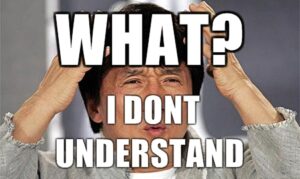
I think so. I think I am officially bilingual.
Take for example this statement:
“My educational philosophy is that all students can achieve their maximum potential, given the proper academic supports, the most up-to-date technology, and using best practices in teaching, tracked through performance based assessments. These same students can and will achieve a level of mastery in all core subjects, quarterly and yearly which, when all students performing at their highest potential, will be more equipped to compete in a global society with minimal challenges. If we, as educators combine our skills through collaboration at grade-level and department meetings, and through professional development, we will achieve our common goal of making Adequate Yearly Progress (AYP) in every school and meet the benchmarks of No Child Left behind (NCLB).”
Ok, did you know what I just said? If not, I don’t blame you. If, after you read this you still don’t know, don’t fret as the translation will be at the end of this column.
Why is it that in the educational field we find ways to make simple conversations more alien than they have to be? Is the quest to make ourselves look smarter in the eyes of non-educators so important that we strive to make them “feel” inferior and at times, ignorant?
Now, how about this statement:
“The student is not making adequate yearly progress toward measurable annual goals based on established state curricular standards”
Translation: your child is failing.
We can’t even say that a child is failing to a parent without speaking in foreign tongues. Instead of saying: “I’m sorry Ms. Understanding and Mr. Unclear, your son/daughter is failing,” we say: “Ms. Understanding and Mr. Unclear, your child/student is not making expected progress toward quarterly goals which does not allow him/her to master the given curriculum in the time frame given to him/her in comparison to his grade level peers.”
Now after the parent snaps back into consciousness and his/her eyes are no longer glazed like donuts, we attempt to “explain” and “clarify” what we just said but instead of speaking English, we continue to speak Education. “I’m sorry, Ms. Understanding and Mr. Unclear, the reason why your child is in danger of being retained at his grade level is that he is not making any attempt to meet the educational standards, based on state guidelines. There are several minimum benchmarks that he/she is required to meet and based on the classroom, district, and state assessments given to him during each quarter of the current school year, your son/daughter is not progressing at a rate that will ensure he/she continues on with his/her classmates.”
We even put what we just told them in writing and make them sign it (to guarantee receipt) before we send them home to decipher what we just told them. Is it any wonder that we get 100 phone calls after that? 90 of those calls are from the parent(s) trying to get answers for what they were just at the school about, but the other 10 from the district office trying to figure out what in the world we told the parent that has them so confused?
What is the district’s response? Call the parent back and explain it to them again.
Get out the smelling salts, I think they just fainted.
What ever happened to K.I.S.S (Keep It Simple, Stupid)?
So maybe that’s why we as educators seem to enjoy talking to kids over adults. They just tell it like it is and keep it simple.
Unlike adults in education who seem to relish in the creation of a more complex language that only other educators can understand.
Although my friends in the medical and legal professions would disagree and say they aren’t the only ones who have invented another language and can officially qualify as being bilingual.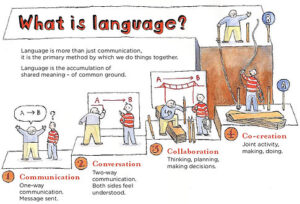
Oh, by the way, the translation for the first statement is: “I really believe that if we work hard to teach kids well, then they all can learn and succeed!”
See, was that so hard? Simple sentence, easy to understand. So the next time I am asked if I speak another language, I will say unequivocally: “Yes I can articulate the Educational language in an eloquent manner, both in the written and oral format, in the proper context using the appropriate grammar and vocabulary in daily conversations and communications.”
Translation: yes.
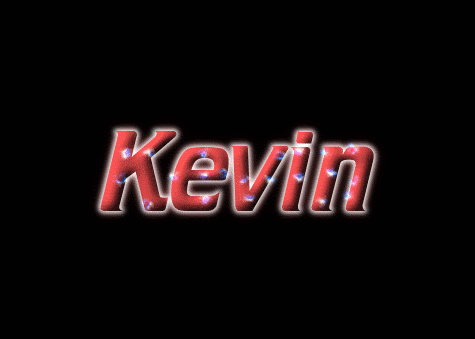
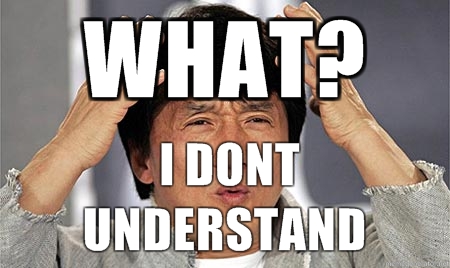

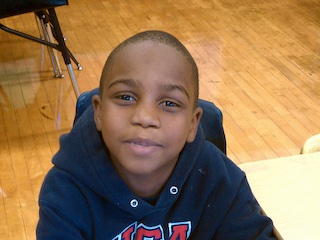

excellent!!
Thanks!